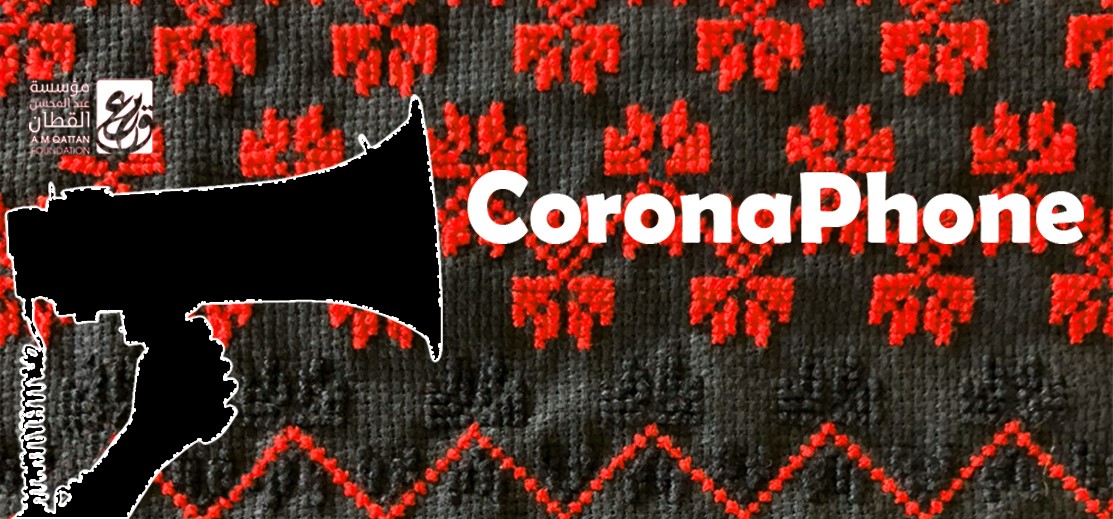
A writing initiative that engages a continuous discourse on the current Palestinian conundrum between the global health crisis and the Israeli colonial project. The initiative questions the crisis and the collapse of the global economy and its repercussions on Palestine and its persisting colonial conditions. The writers will focus on questions pertaining to the following inquiries:
- The world changed in the aftermath of 9/11. Terrorism has become a means to a worldwide, substantial shift in governance, instigating the rise of security regimes for combating terrorism. Such transformations worked side by side with what is referred to by Naomi Klein as “disaster capitalism,” such as the case of the post-war countrywide reconstruction projects in Iraq, Afghanistan and the Arab world. The globally induced fear of terrorism enabled governments to restrict freedom of movement between countries and to violate the privacy of individuals under the banner of eliminating terrorism.
- The Israeli colonial regime, no different from these global trends and superseding them in many instances, developed new tools and justifications to further subjugate Palestinians and eliminate their resistances. The apartheid regime, based on settler colonialism, also facilitated the taming and reshaping of the "New Palestine.” This “New Palestine” received an influx of financing through the Gulf oil surplus after 9/11 by deregulation and building the alleged Palestinian State. Altogether, this has shifted the ethos and values of decades of freedom fighting, leading to a large-scale withdrawal of Palestinians from grassroots political engagement and the termination of organity between the social and the political, which was transformed into a clear-cut bureaucratic social contract with the PA. The end result was the creation of a consumerist culture, allowing Israel to subcontract its burden of managing Palestinians to the PA.
The questions are:
- What does the world look like after the COVID-19 outbreak?
- How can we imagine the world after this global crisis from both local and worldwide perspectives, especially after the onslaught of large-scale changes that mostly occur after major economic, natural or political disasters?
- How do you frame the role of art and culture in this global crisis outside of its consumerist and entertainment role of finding alternative imaginings and responses, focusing on the conundrum of the Palestinian liberation project?
- How would the Israeli colonial project abuse the current circumstances, in terms of inventing new forms of control and subjugation of Palestinians?
- How can culture and the arts work against the Israeli colonial deep divide between the fragmented Palestinian community in different geographical cantons, each governed by a different set of administrative, political, economic and cultural models (the diaspora, Gaza, Jerusalem, Palestine 48, the West Bank and refugee camps)?
- How can we, through this crisis, devise alternative political ideas and tools of ‘the political’ as well as the politics of the current inept political parties that have been reduced to inept patriarchal bureaucratic structures, remnants of the Palestinian liberation project?
- What are the alternative means of social solidarity in such circumstances, especially in the cultural field?
- How is the outbreak of the COVID-19 virus and the collapse of economies worldwide symptomatic to revealing the crisis of the ‘local’ in terms of its heavy dependence on the global political and economic systems, and consequently the lack of local alternative systems and structures of solidarity?
